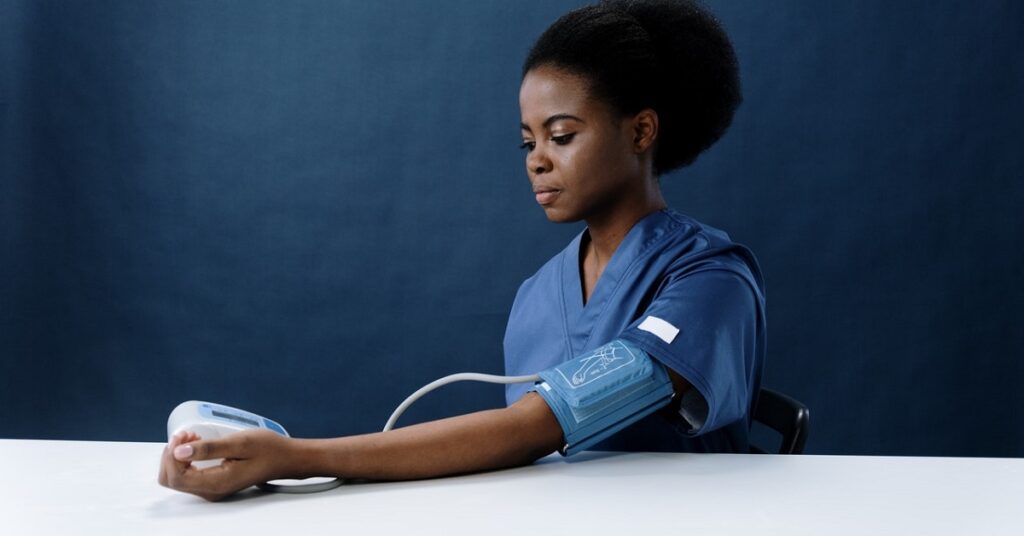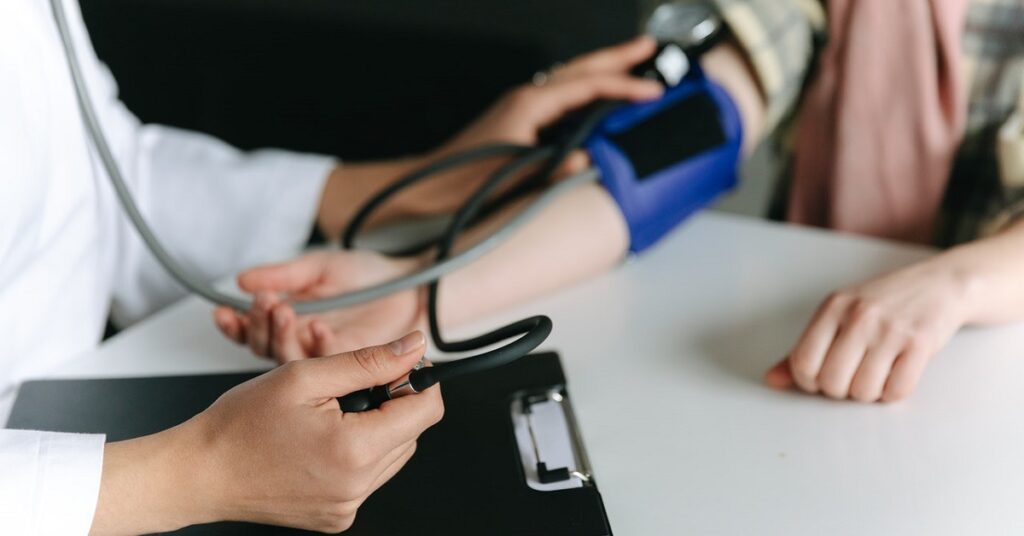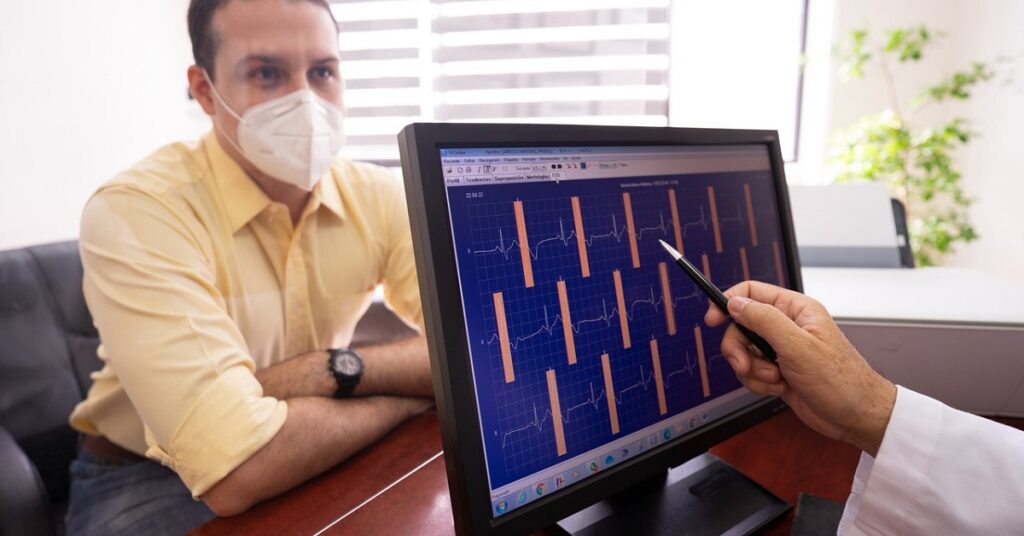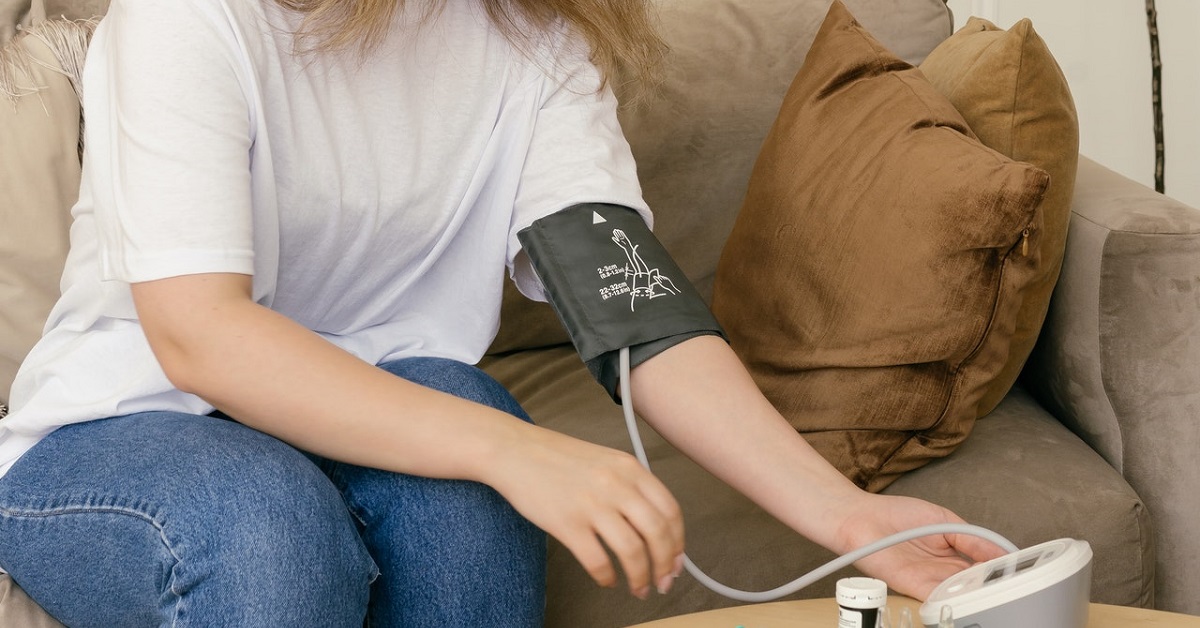The purpose of a blood pressure test is to assess whether one’s blood pressure is normal, high, or low. Blood pressure is the force exerted by the blood against the artery walls as it flows through the body. Continue reading to learn more about high blood pressure testing in Dartford.
Hypotension (low blood pressure) is rarely a cause for concern, despite the fact that it can cause symptoms such as dizziness and fainting in certain individuals.
High blood pressure (hypertension)
If you are over 40 and are healthy, you should have your blood pressure checked at least once every 5 years. If you are at a higher risk for hypertension, you should have your blood pressure checked more frequently, preferably once a year. This straightforward technique could save your life.
If left untreated, hypertension can increase the risk of catastrophic diseases such as heart attacks and strokes.
What types of high blood pressure testing in Dartford are available?
To check your blood pressure, your pharmacist will do a physical assessment and inquire about your medical history. They will inflate an arm cuff and use a pressure-measuring gauge to measure your blood pressure.
To determine whether your blood pressure varies, it should be taken in both arms. It is essential to use the appropriate arm cuff size.

Available Tests – Blood pressure testing in Dartford
If you have high blood pressure, your pharmacist may recommend tests to confirm the diagnosis and rule out underlying reasons.
- Continuous ambulatory monitoring. This 24-hour monitoring of blood pressure reveals whether or not you have high blood pressure. This test measures your blood pressure at frequent intervals over a 24-hour period, providing a more accurate depiction of how your blood pressure fluctuates throughout the day and night.
- Laboratory tests. Your pharmacist or doctor may recommend a urine test (urinalysis) and blood tests, including a cholesterol test.
- Electrocardiogram (ECG or EKG). This easy-to-do checkup measures your heart’s electrical activity.
- Echocardiogram. Based on your symptoms and test results, your doctor may schedule an echocardiogram to look for other signs of heart disease.
What are the five symptoms and signs associated with hypertension?
If you have extremely high blood pressure, you should be aware of the following symptoms:
- Severe migraines
- Fatigue or confusion
- Problems with eyesight
- Chest distress
- Problems with breathing and an irregular pulse
It is never too early to begin adopting good lifestyle choices, such as quitting smoking, consuming more nutritious meals, and engaging in more physical activities. These are the basic methods for reducing hypertension and its accompanying complications, including heart attack and stroke.

What do my blood pressure testing results in Dartford indicate?
Normal
Blood pressure levels below 120/80 mm Hg are considered normal. Continue to follow heart-healthy behaviours, such as eating nutritious foods and exercising regularly, if this is your outcome.
Elevated
Regular blood pressure values of 120 to 129 systolic and less than 80 diastolic mm Hg are regarded as being elevated. People with elevated blood pressure are more prone to developing hypertension if they do not take measures to reduce it.
Stage 1 hypertension
When blood pressure consistently ranges between 130 and 139 systolic or 80 and 89 diastolic mm Hg, it’s a diagnosis of stage 1 hypertension. Depending on your risk of developing complications of atherosclerotic cardiovascular disease (ASCVD), such as a heart attack or stroke, doctors or pharmacists are likely to recommend lifestyle modifications and may consider adding blood pressure medication at this stage of hypertension.
Stage 2 hypertension
When blood pressure consistently exceeds 140/90 mm Hg, it’s a sign of stage 2 hypertension. At this stage of hypertension, a medical professional will likely recommend a combination of blood pressure medications and lifestyle changes.
A hypertensive crisis
This degree of hypertension requires urgent medical treatment. If your blood pressure suddenly goes above 180/120 mm Hg, wait 5 minutes before taking another reading. Consult your doctor immediately or call NHS 111 if your readings remain excessively high. You may be experiencing a hypertension emergency.
If your blood pressure rises above 180/120 mm Hg and you have signs of organ damage, such as chest pain, shortness of breath, back pain, numbness/weakness, visual problems, or difficulty speaking, get medical attention immediately.

What action should I take if my blood pressure testing in Dartford is 150/90?
A blood pressure of 150/90 mmHg is classed as stage I hypertension, indicating that you may have hypertension. It’s important to follow the above management methods.
Check out our NHS Hypertension Case Finding Service that allows us to help you identify and prevent cardiovascular disease (CVD) as well as other high blood pressure-related services.
Get in touch with us for more information or visit us for a quick and easy blood pressure test.
This blog post was written on behalf of Hodgson Pharmacy by Pharmacy Mentor

